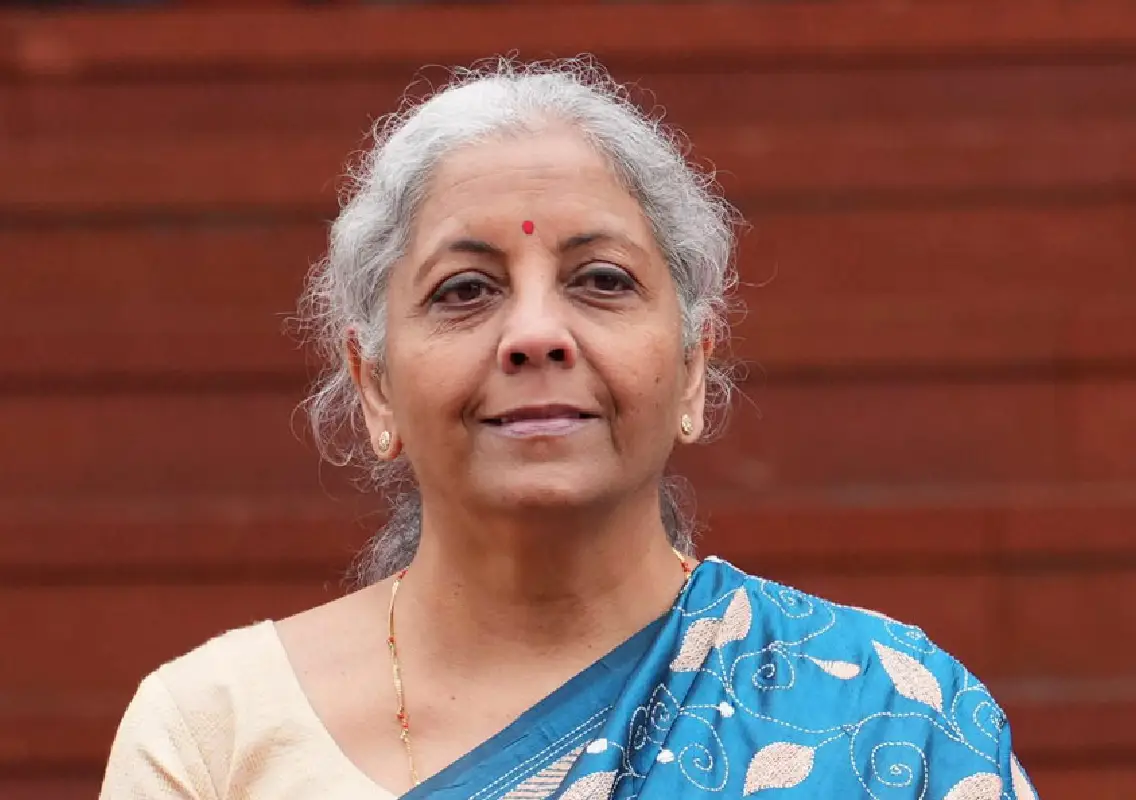By News Karnataka
Copyright newskarnataka

Union Finance Minister Nirmala Sitharaman on Friday defended the Goods and Services Tax (GST), rejecting Congress leader Rahul Gandhi’s frequent characterization of it as a “Gabbar Singh tax.” She asserted that GST has significantly benefited businesses and citizens across India while addressing an event marking the 80th anniversary of the Tamil Nadu Foodgrains Merchants’ Association in Madurai.
GST registrations and revenue growth
Sitharaman highlighted that GST registrations have surged from 65 lakh in 2017 to 1.5 crore currently. Concurrently, GST revenues have grown from Rs 7.19 lakh crore to over Rs 22 lakh crore. “If GST had truly been a cruel burden as alleged, then its registration and revenue base would not have expanded so significantly,” she said, emphasising the reform’s success in increasing compliance and widening the tax base.
She also noted that decisions in the GST Council are taken collectively by state finance ministers, cutting across party lines. “Contrary to political theatre that misrepresents facts on social media, GST is a collaborative tax reform aimed at transparency and ease of doing business,” Sitharaman stated.
Rate reductions and pandemic measures
The Finance Minister pointed out that GST rate reductions were broad-based. Nearly 375 items saw tax cuts during the pandemic period alone. “From four-tier slabs earlier, we have effectively streamlined it to two now. Items like milk and curd are zero-rated, while several daily-use goods have moved from 12% to five per cent. Over 90% of items are taxed at 18% or below, with just a fraction attracting higher rates. Thus, the reform is referred to as a ‘tax revolution’,” she explained.
Tamil Nadu’s contribution to food processing
Addressing the state’s role in food production and processing, Sitharaman said Tamil Nadu ranks second nationally, contributing eight per cent to the country’s food processing output. The state hosts 1,100 production units and 24,000 small-scale enterprises. She also noted that eight products from the state have already received Geographical Indication (GI) tags.
She urged the food processing industry in Tamil Nadu to prepare for global competitiveness through digitisation, sustainable packaging, and expansion into e-commerce.
Sitharaman’s remarks underline the government’s stance that GST is a reformative measure supporting transparency, business growth, and ease of compliance, countering political claims of it being a burden on citizens.



